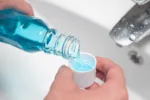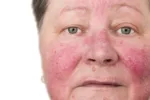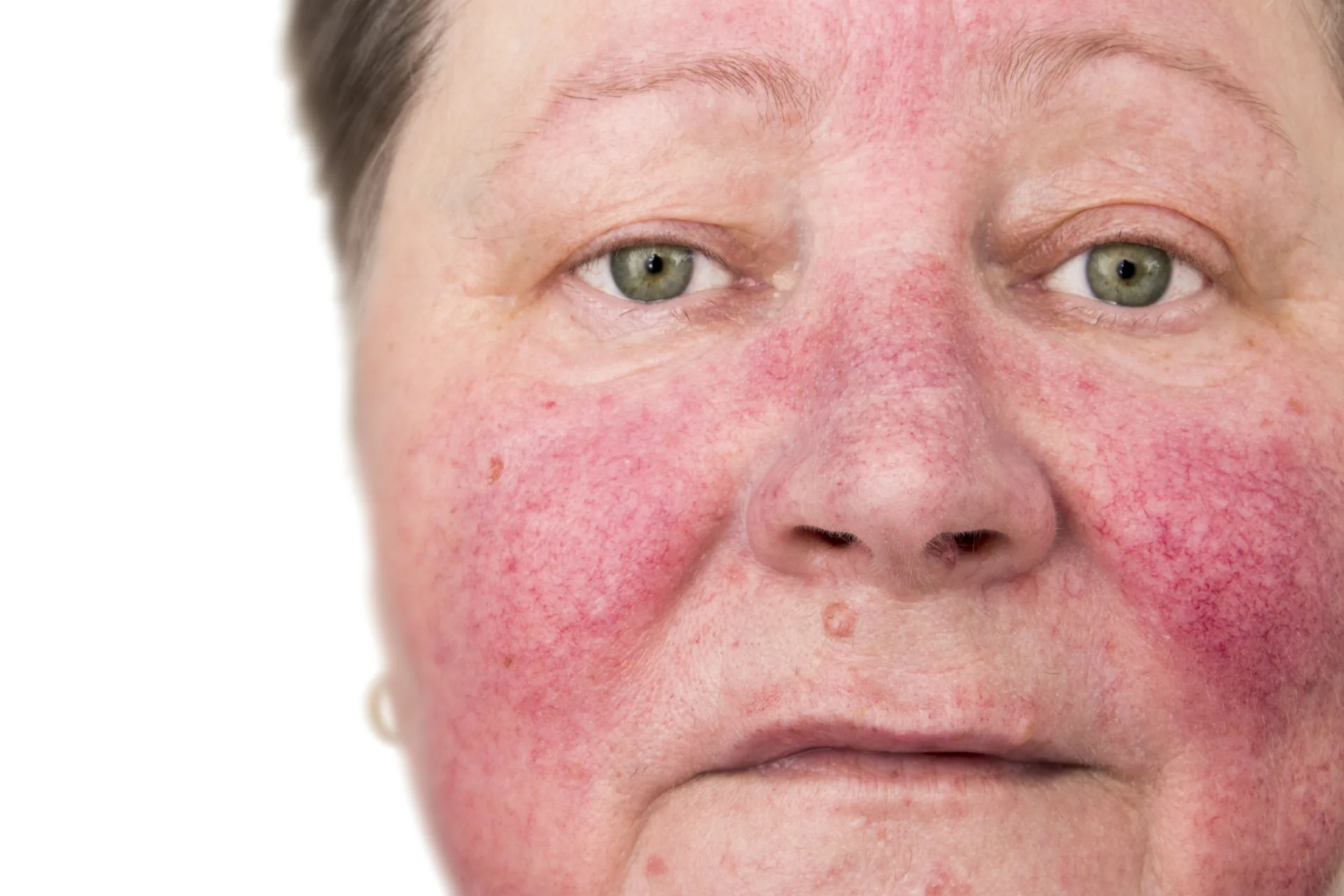
The Dangers of Drinking Mouthwash: Risks, Effects, and Addiction
Mouthwash is a common household item used to maintain oral hygiene, but drinking mouthwash is a dangerous practice that poses serious health risks. While accidentally swallowing a small amount during rinsing is typically harmless, intentionally consuming mouthwash—especially in large quantities—can lead to poisoning, organ damage and even death.
Some individuals struggling with alcohol addiction may turn to mouthwash as a substitute when traditional alcoholic beverages are unavailable. However, this habit exposes them to toxic chemicals that the body is not meant to process. Understanding what happens if you drink mouthwash and the effects of drinking mouthwash is crucial for recognizing the risks and seeking help if needed.
What Happens If You Drink Mouthwash?
Unlike beer, wine or liquor, mouthwash is not meant for human consumption. Many brands contain 18-26% ethanol, making them stronger than most alcoholic beverages. However, mouthwash also includes harmful ingredients such as:
- Methanol – A toxic form of alcohol that can cause blindness, nervous system damage and death
- Methyl salicylate – Can lead to internal bleeding, liver failure and organ damage
- Chlorhexidine and hydrogen peroxide – May cause stomach irritation, vomiting and chemical burns
- Fluoride – While beneficial for dental health, ingesting too much fluoride can result in fluoride poisoning, leading to nausea, muscle weakness and kidney damage.
Effects of Drinking Mouthwash
The effects of drinking mouthwash depend on the amount consumed and an individual’s tolerance to alcohol and toxic substances. Short-term effects may include:
- Nausea, vomiting and diarrhea
- Dizziness and disorientation
- Slurred speech and impaired coordination
- Breathing difficulties
- Abnormal heart rate
- Loss of consciousness or coma
Drinking mouthwash repeatedly or in large quantities can lead to severe long-term health consequences, such as:
- Liver and kidney damage – Toxic chemicals in mouthwash strain these organs, potentially leading to organ failure.
- Brain and nervous system damage – Long-term exposure to methanol and ethanol can result in seizures, cognitive impairment and memory loss.
- Alcohol poisoning and death – The combination of high alcohol content and toxic ingredients can lead to fatal overdose.
- Worsening alcohol dependence – Drinking mouthwash to satisfy alcohol cravings may reinforce addictive behaviors, making recovery even more difficult.
Why Do Some People Drink Mouthwash?
Individuals struggling with alcohol use disorder (AUD) may turn to mouthwash for several reasons:
- High alcohol content – Some mouthwashes contain as much alcohol as spirits like vodka or whiskey.
- Easy access – Unlike traditional alcoholic beverages, mouthwash is widely available in grocery stores and pharmacies without age restrictions.
- Disguising addiction – Drinking mouthwash allows individuals to consume alcohol discreetly, making it harder for loved ones to notice a problem.
- Desperation – When alcohol is unavailable, some individuals in withdrawal may consume any alcohol-containing product to avoid withdrawal symptoms.
Recognizing the Signs of Alcohol Addiction
If someone is drinking mouthwash regularly, it may be a sign of severe alcohol dependence. Other warning signs of addiction include:
- Increased tolerance (needing more alcohol to feel the same effects)
- Hiding drinking habits or lying about alcohol use
- Drinking non-traditional alcohol sources (mouthwash, hand sanitizer, cough syrup)
- Experiencing withdrawal symptoms such as shaking, nausea, sweating or anxiety
- Neglecting responsibilities due to alcohol use
Seeking Help for Alcohol Addiction
If you or someone you love is drinking mouthwash due to alcohol addiction, professional help is essential. Recovery options include:
- Medical detox – A supervised detox program can help manage withdrawal symptoms safely.
- Rehabilitation programs – Inpatient or outpatient rehab provides structured support and therapy.
- Counseling and support groups – Therapy and groups like Alcoholics Anonymous (AA) can help address the root causes of addiction and provide a support system for recovery.
Take the First Step Toward Recovery
Understanding what happens if you drink mouthwash is critical for recognizing the dangers and seeking help if needed. Drinking mouthwash is not a safe or effective way to consume alcohol, and the effects of drinking mouthwash can be life-threatening. If you or someone you know is struggling with alcohol addiction, reaching out for professional treatment can be the first step toward a healthier, alcohol-free life.
If you need help overcoming alcohol dependence, Bluff Augusta offers compassionate, evidence-based treatment to help individuals regain control of their lives. Contact Bluff Augusta to learn more about our comprehensive addiction treatment programs.








